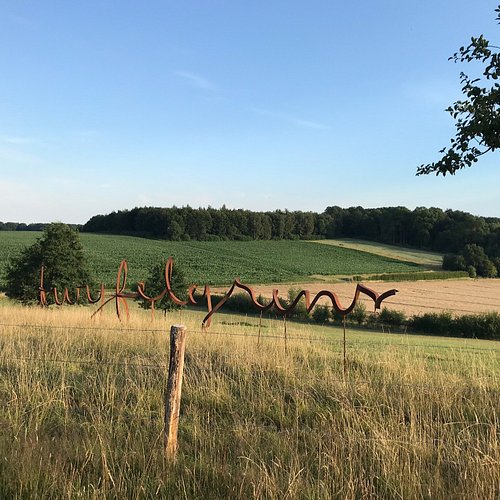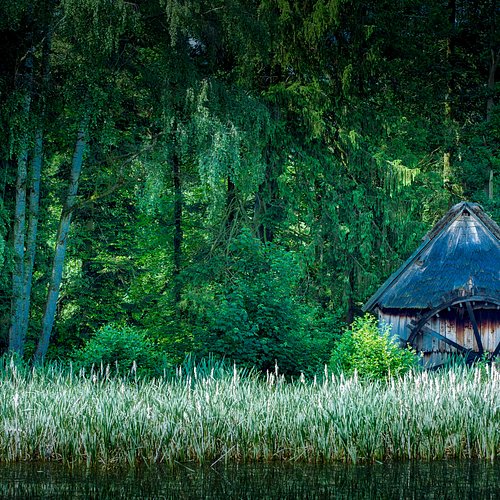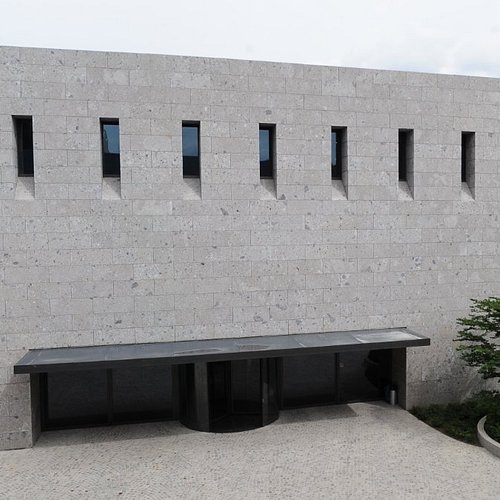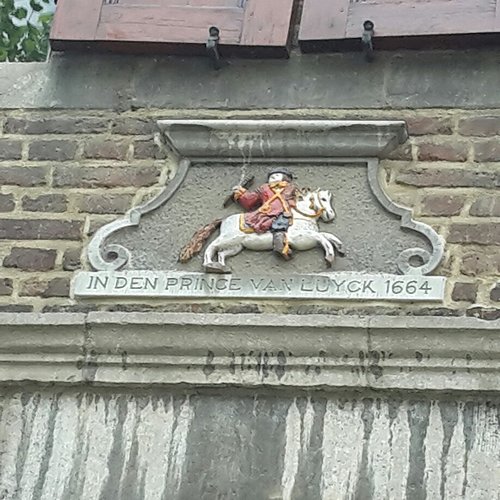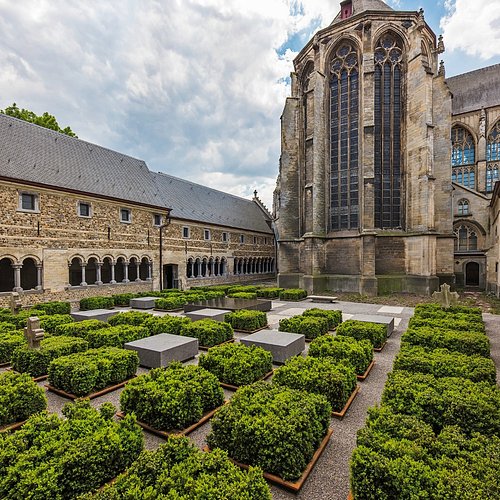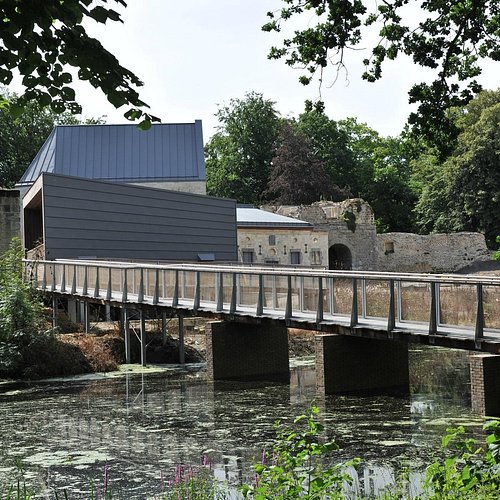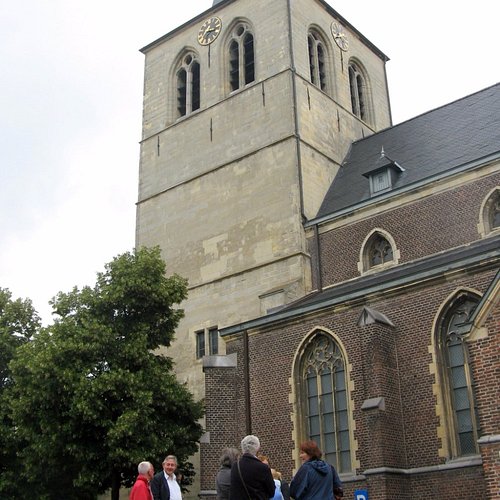Top 10 History Museums in Limburg Province, Flanders
Situated on the Dutch border, Limburg is the easternmost province in Flanders, and the foremost fruit-growing region in the country. The lively, friendly market town of Hasselt is the provincial capital. It boasts a car-free historic center, with building dating back as far as the 11th century. Genk is another recommended stop. The city of 63,000 people is home to a zoo, a planetarium, De Maten nature reserve and Bokrijk, an open-air museum of 19th century Flemish architecture.
Restaurants in Limburg Province
1. Stroopfabriek Museum
2. vzw Het Domein Bokrijk
Overall Ratings
4.5 based on 660 reviews
Are you curious about where our current customs and traditions stem from? At the Bokrijk Open-Air Museum, you will discover how the past is inspiring our future! Come to Bokrijk and immerse yourself in the story of craftsmanship and admire our demonstrations or even roll up your sleeves and join in one of our fascinating workshops. From 6 April 2019, the Bokrijk Open-Air Museum offers you the opportunity to step into 'The World of Bruegel'. Imagine yourself actually being in scene depicted in one of the paintings you will see on the inspiring Bruegel Trail, and discover how relative his work remains today. Besides offering the art of baking bread and the history of textiles, we will also tell you all about brewing a craft beer (BKRK Beer) in our museum brewery the Paenhuys. The Open-Air Museum is located in a 550-hectare park, which is a dream environment for hikers and cyclists. Visit the Arboretum or explore the De Wijers pond area with its 'Cycling through Water’ experience.
Reviewed By RobWillemsHasselt - Hasselt, Belgium
As regular visitors we like to go to Bokrijk for experiencing the atmosphere how life was centuries ago. Nice big cultural/historical park with many facilities to spend the whole day with family. Also nice historical games to play. Restaurants with typical older dishes and great special brewed beer.
3. Gallo-Romeins Museum
Overall Ratings
4.5 based on 601 reviews
Permanent exhibition: 'From neanderthal to Gallo-Roman' Discover the multifaceted story of man in the Limburg region: from prehistory to the end of the Roman period. Familiarize yourself with the major transition points and marvel at more than 2,000 objects from the museum’s own collection, beautifully presented in a highly-original set by Niek Kortekaas and De Gregorio & Partners. Temporary exhibition: 'Timeless Beauty' This exhibition signals a departure from what you usually expect from the Gallo-Roman Museum. An evocative interplay of images of sensual nakedness by the art photographer Marc Lagrange, intriguing texts by Roman authors and authentic objects leading you deeper into the mysteries of feminine beauty.
Reviewed By D9991QDbrunod
We visited the exhibition about the roman empire showing a lot of objects owned by the British Museum Allthough I am quite familiar with the history of the roman empire I learned a lot of new things so I feel very satisfied
4. St.-Catharina church
5. Museumapotheek oud-Rekem
6. Teseum
Overall Ratings
4.5 based on 77 reviews
Treasures of the Teseum - Archaeological site: Buried treasures. Go down to see hidden treasures under the ground. Three meters below surface, age-old stones tell the story of the city, its inhabitants and the church. This story began 2000 years ago with the Roman rulers and is still being written today. - Treasury: Magnificant art treasures. Discover all the splendours of the Tongeren church treasure. One of the richest ecclesiastical treasures of the Low Countries. Unique, with items among the finest that Flanders has to offer.
Reviewed By TravelcrazyAntwerp - Schoten, Belgium
My husband and I had been several times in Tongeren over the years, but only visited the Teseum for the first time in March 2021. It turned out to be an unexpected gem. The entrance to the museumis located in a building adjacent to the side of the Basilica of Our Lady. The museum consists of an underground archaeological part and an above-ground church treasure and cloister. You can choose to visit these separately or buy a combination ticket (= preferable!) In the archaeological section you'll discover Roman grave finds, the underfloor heating system of a Roman bathhouse of the 3rd century AD, remnants of the different foundations of the Basilica, and a Romanesque cellar. On the first floor of the above-ground museum you can see statues of saints and relics, and on the second floor, a treasury contains reliquaries of various shapes and precious materials. Finally in the cloister you can see tomb slabs which originated from the Basilica and churchyard. The corridor encircles a beuatiful garden, and the capitals of the window columns are all decorated in a different way.
7. Waterburcht Pietersheim
Overall Ratings
4.0 based on 78 reviews
8. Archeological museum and apothecary
9. De Brug Vroenhoven
Overall Ratings
4.0 based on 36 reviews

